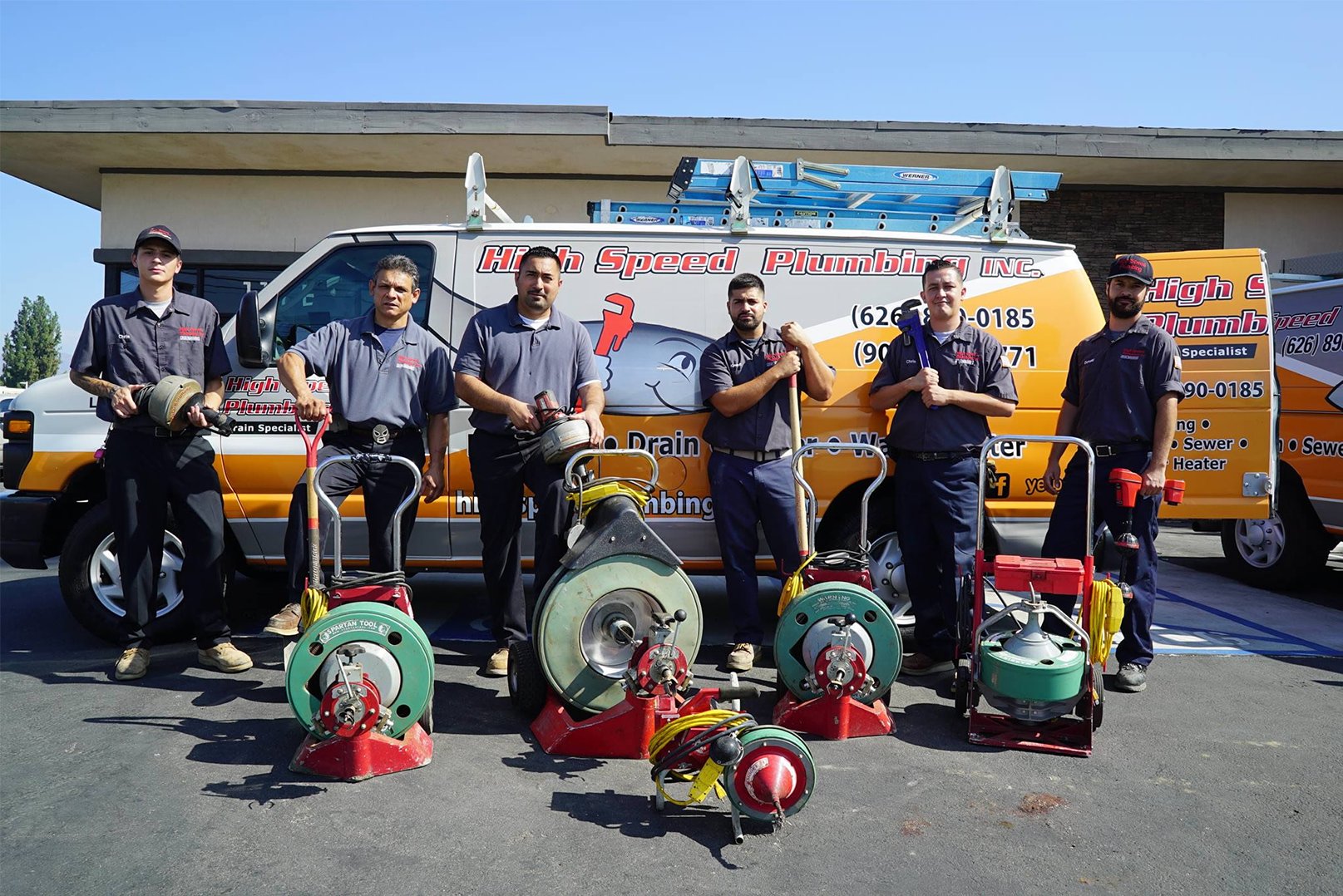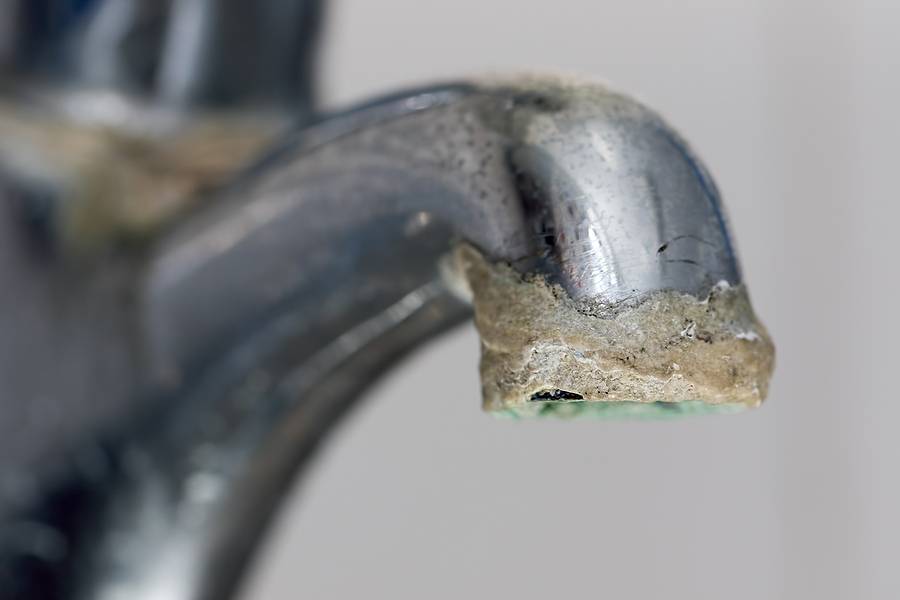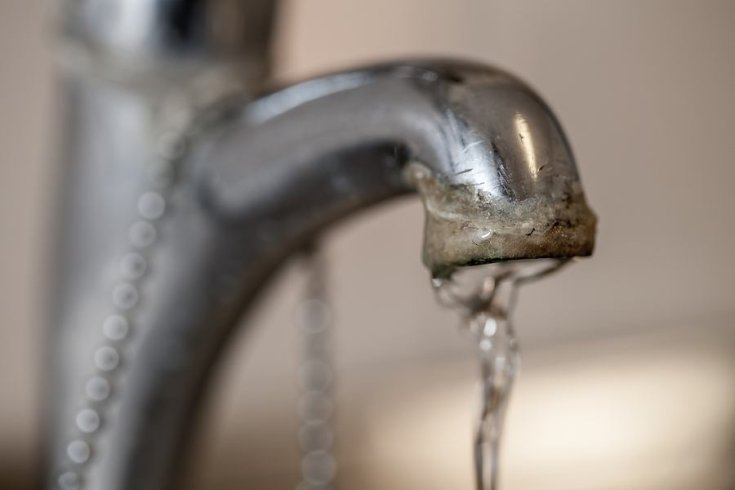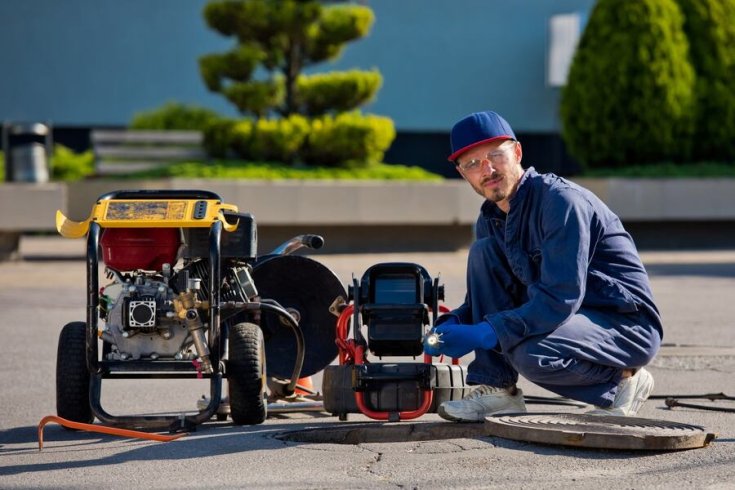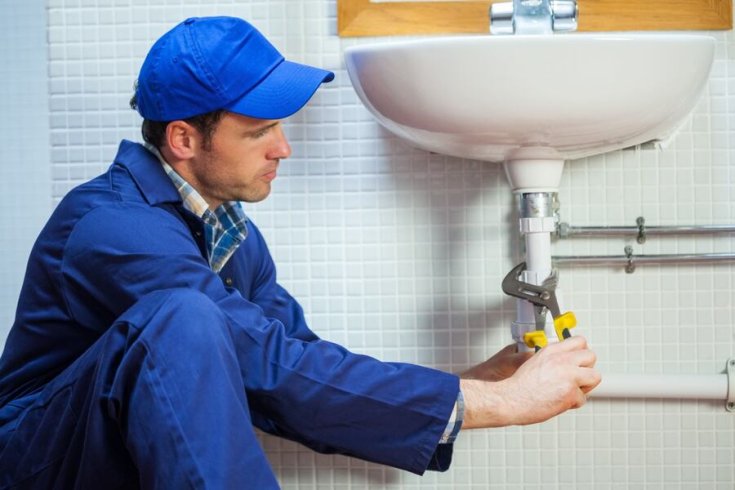How to Remove Hard Water Stains
Hard water stains can be an eyesore in any home. Their unappealing white chalky marks on faucets, showerheads, and glass surfaces look unattractive and can be hard to get rid of without professional plumbing help. But don't despair: with proper techniques and some elbow grease, you can rid your home of hard water stains without calling a professional plumber. High Speed Plumbing walks through how to effectively eliminate hard water stains on multiple surfaces in your home!
Understanding Hard Water Stains
Hard water contains high concentrations of minerals - specifically calcium and magnesium. As this liquid evaporates or dries on surfaces, mineral deposits remain behind, leaving unsightly stains that become harder and harder to eliminate over time - making regular maintenance crucial!
Gather These Materials
To successfully eliminate hard water stains, collect these necessary supplies:
- White vinegar
- Baking soda
- Lemon juice
- Soft cloths or sponges
- An old toothbrush
- A plastic scraper or razor blade (for glass surfaces)
- Rubber gloves
- A bucket
- Water
Method 1 - Vinegar Solution
Vinegar can be one of the best, eco-friendly ways to remove hard water stains effectively and sustainably. Here's how it works:
Mix equal parts white vinegar and water in a bucket or spray bottle and soak a soft cloth or sponge in this solution before applying it directly onto any stained area, ensuring that every part is saturated by it. Allow this solution to sit on its target surface for 5-10 minutes to allow its properties to work their magic and dissolve mineral deposits.
Gently scrub away any stubborn stains with the cloth or sponge; use an old toothbrush instead for harder stains. After this, rinse off with water before drying with a dry cloth - this method should have better results than baking soda paste!
Method 2 - Baking Soda Paste
Baking soda is another essential household item that can effectively eliminate hard water stains:
Create a thick paste by mixing baking soda with a small amount of water and applying it to stained areas in a circular motion, covering the entire stain area with it. Allow this solution to sit for 10-15 minutes to break down stains further before using a soft cloth or sponge in a circular motion to scrub the area clean with its paste solution.
Method 3 - Lemon Juice
Lemon juice's natural acidity can help dissolve mineral deposits by dissolving their core. For maximum effectiveness, combine with Method 1 or 2.
Method 4 - Removing Stubborn Stains on Glass Surfaces
Firstly, squeeze fresh lemon juice directly onto the stained area, allow it to set for 5-10 minutes, scrub with a soft cloth or sponge, and rinse under running water afterward; dry the surface to finish this stain removal method.
If you are dealing with hard water stains on glass surfaces such as shower doors and windows, try this solution:
Once wet with water, use a plastic scraper or razor blade held at 45 degrees to scrape away stains at an angle using gentle pressure while making sure not to scratch the glass itself during this process. After scraping has concluded, use glass cleaner for the final touches to restore its sparkle and return it to usable shape.
Avoid Future Hard Water Stains Now
Consider these preventive steps to lessen hard water stains:
- Install a Water softener: Water softeners can reduce mineral build-up in your water and help avoid future staining issues.
- Apply to squeegee: After each shower, use a squeegee to easily wipe away water from glass shower doors and tile surfaces.
- Dry Surfaces: Wipe down faucets, showerheads, and any water-prone surfaces regularly to avoid mineral build-up and prevent mineral accumulation on their surfaces.
- Regular Cleaning: Incorporate stain removal techniques into your regular cleaning regimen to address stains promptly.
High Speed Plumbing
At High Speed Plumbing, we understand that hard water stains are a persistent nuisance for homeowners. While DIY methods for stain removal are usually effective, sometimes this becomes beyond DIY capabilities and calls for a professional plumbing service to help address more complex hard water issues, including dealing with pipe buildup or installing water softeners. Our experienced plumbers and services offer comprehensive water quality solutions.

